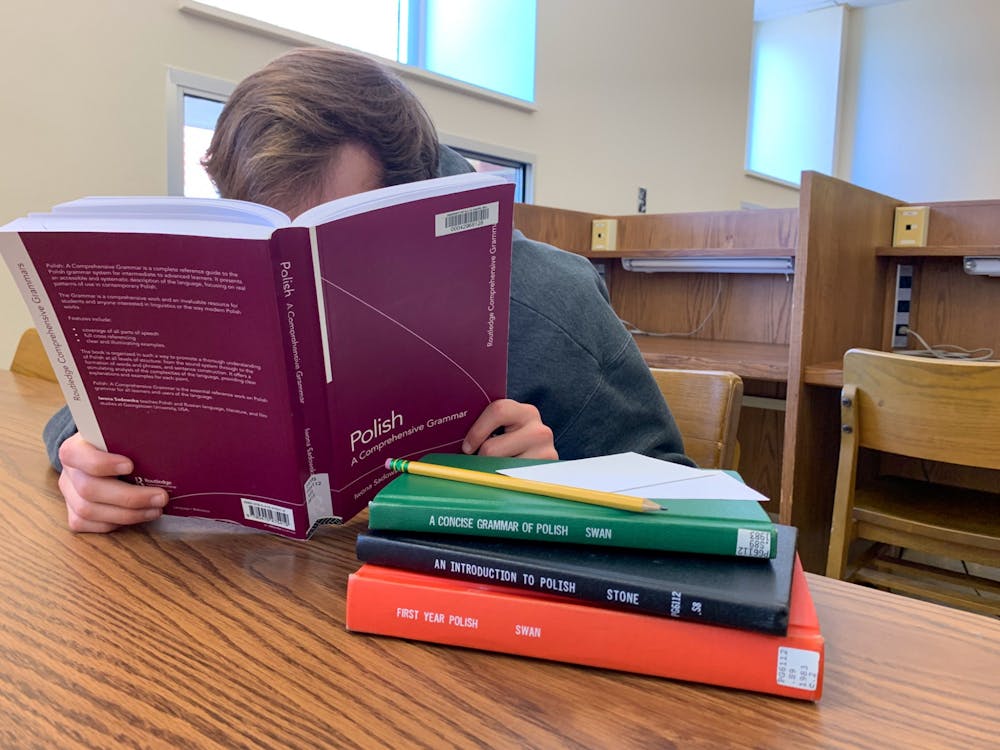Over 27 percent of UNC’s incoming class speak a language other than English. But for many of those students, they remain unable to use those languages for college credit.
As a part of UNC’s General Education requirements, students are required to complete or place out of at least level three of a foreign language. This can look different for many students. Some students have experience in high school and can be placed into Spanish 105, some are international students from China and can get their language requirement waived and some were born in the United States, but learned Romanian as their first language.
This is the case for Abi Barbu, a sophomore at UNC. Barbu’s parents are immigrants from Romania, with Romanian being her first language. She didn’t learn English until pre-school.
“Romanian is something that is really important to me, because it's a big part of my identity,” Barbu said. “When I saw that UNC was offering a Romanian course last spring, I got super excited about it, because this is literally so important to me.”
Barbu said she is very comfortable understanding Romanian, but has more trouble speaking and reading it, so she was very excited to learn more about her language at UNC. Unfortunately, during an advising appointment, Barbu discovered that Romanian wouldn’t satisfy the language requirement because it only goes up to level two. It is considered a special topics course. This resulted in her having to take French.
Barbu said she still likes to think in Romanian in order to maintain the language.
“When I find myself looking for a word in Romanian, I pull out the word in French instead,” Barbu said. “Which is great that I’m learning something in French class, but it feels a little bit like I'm kind of erasing the thing that I'm supposed to know.”
Barbu said she recognizes the importance of learning new languages, but wishes that she could build upon her Romanian knowledge to satisfy the requirement, rather than take a language that is helping erase her knowledge of Romanian.
The language requirement should facilitate growth and knowledge, not hinder students from learning more about themselves and their heritage.




